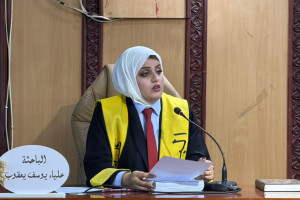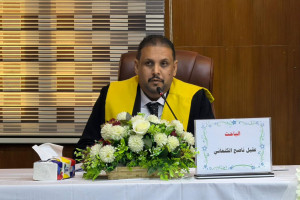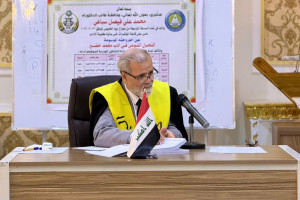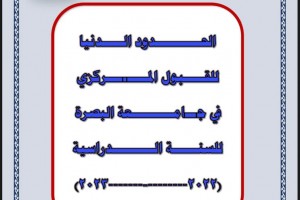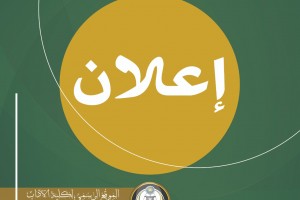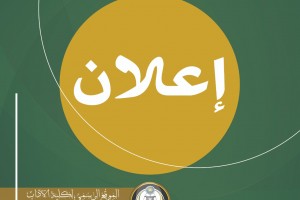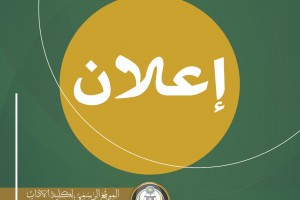
A master thesis in the Department of Arabic Language at the College of Arts at the University of Basrah discussed (Speech Acts in the Treatise on Rights by Imam Sajjad (peace be upon him)).
The thesis, presented by researcher Ammar Jamil Hussein, included four chapters (the pragmatics of the religious-Islamic text, directive speech acts in the Treatise on Rights, informative speech acts in the Treatise on Rights, and promissory and obligatory speech acts in the Treatise on Rights).
The study aims to clarify the concept and nature of religious language, as well as to extrapolate its characteristics, and to reveal the speech acts in a religious text of one of the infallible Imams (peace be upon them) according to Searle’s classifications in his theory, and to examine the performative and influential power of the speech act.
The researcher concluded that the language of religion, by virtue of its heavenly origin, is characterized by transcendence and possesses a great influential power, surpassing the daily language used in public life, and that the Imami text constitutes a communicative system that is replete with linguistic uses that express meaning and reveal the pattern of influence and significance, and that the context of producing the text imposes on the text some details on the one hand and generality on the other hand

